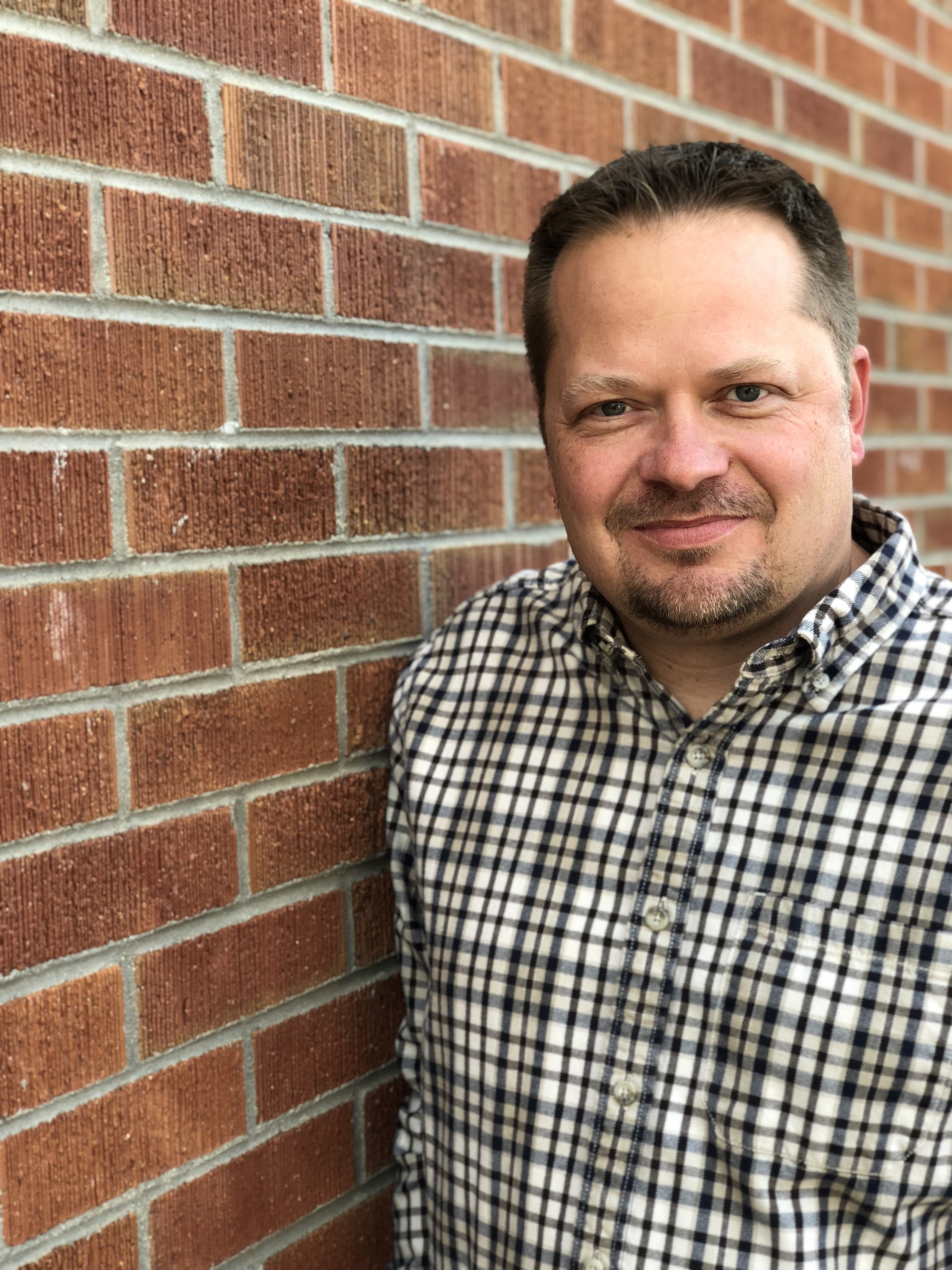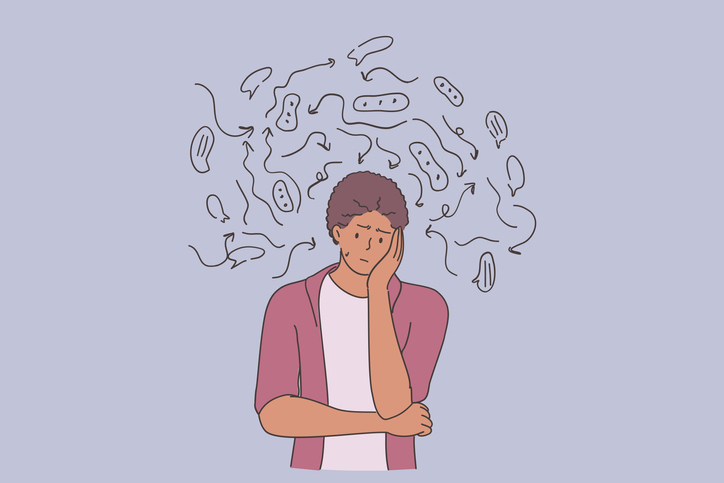“Do not be anxious about anything, but in every situation, by prayer and petition, with thanksgiving, present your requests to God. And the peace of God, which transcends all understanding, will guard your hearts and your minds in Christ Jesus.” Philippians 4:6-7, NIV
I don’t know about you, but when I read the above passage from Philippians, I am aware that I am not exactly living that way. Rather than rising to the way of life Paul is suggesting, I find myself experiencing the opposite… Anxious about everything. (BTW Paul was in prison when he wrote that, which seems like a difficult place to not be anxious or fearful).
Personal Fears
I think anxiety and fear have been with me for most of my life. I can identify the roots of some of those. As a child, I was afraid of being bullied because I was different than most boys. I was afraid of God and his judgment, especially due to my sexual orientation that was forming towards the same sex. There were fears of being found out by others and of going to hell. Since then, I’ve made peace (mostly) with who I am and how I’ve chosen to live my life. But those years of fearful/anxious ways of thought and feeling are hard to let go of.
Now I find my anxiety continues to be present in almost everything. Work, family life, to-do lists, finances, driving, public speaking… all find me tied up in knots at times. What if something happens to my children or my wife? How will we afford my daughter’s wedding (she’s 8 years old)? It feels personal when I am cut off in traffic. If I don’t perform well enough in my relationships, then they will end. Lots and lots of little fears (mostly unnecessary) all the time.
Consequences
I’m sure we are all aware of the health consequences of stress and anxiety. I think stress is a possible factor for about every illness. Many mental health issues are connected to anxiety. For me, I know that I have used a number of unhealthy things to cope with my feelings of anxiety… porn, food, buying stuff I don’t need, etc. I wonder how many of our addictions are rooted in fear and anxiety?
Of course, the cycle of addiction becomes self-perpetuating. It looks something like this: I’m anxious, so I turn to porn. Using porn brings momentary relief, but then I am anxious about my porn usage which makes me turn back to something to escape my anxiety. Back to porn again and again. When the thing we use to cope with anxiety has the opposite effect, that’s a pretty good sign we haven’t landed on the right solution.
Help!
I’ve been at my own recovery long enough to have learned a few things about healthy coping. I don’t always utilize the tools I’ve learned, so this article is a reminder to myself. There are so many things in life that are out of our control, at least in the short-term. But there are quite a few things we can take control of that can bring relief from anxiety (or many other areas of struggle). Here are a few things to consider.
Be mindful
Sometimes the high-speed pace of life just does not relent. We add to stress by filling up all the empty spaces. The radio or audiobook is playing every time we are in the car. We check our email at stop lights. The TV is on at home, even when we aren’t watching. Video games, texts, endless billboards vying for our attention. It is important to just stop it all from time to time and live life in the present, even if it is only for 5 minutes. Turn off the radio and roll down the windows. Feel the wind on your face. Deliberately think about nothing but the here and now. This is a good practice for calming your anxious self down. Meditate on scripture and listen for God’s voice.
Consider your body
Am I fueling myself with things that increase anxiety? Caffeine, sugar and carbs can be a major factor in how you feel and how your body is functioning. If the answer to “I’m tired” is always to add more caffeine, your anxiousness will likely increase. Moving your body through some kind of exercise can also be a huge help. Even a brisk, 15-minute walk can do wonders for clearing your head.
Put down your phone
There is a decent amount of research that has emerged over the past few years about the connection between anxiety and smart phones usage. As useful as smartphones can be, many of us have allowed them to rob us of all the empty spaces in life. When I used to arrive somewhere early, I sat quietly and waited. Now, I am checking email, playing a game, watching a video, etc… Don’t take for granted how those little pauses in life can be a gift. It is okay to leave your smartphone in that car for a lunch appointment or to go on a walk.
If you’d like to read more about anxiety, we’ve shared a couple of other articles that might be helpful to you. “Reentry Anxiety: Are We Returning to a “Normal”?” can be found here and “Befriending Anxiety” can be found here.

Roger Jones
Executive Director
Roger began working with WGA in October of 1996 as the Assistant office Manager. Since that time, he has worn many hats and served in several different positions, including Assistant Program Director and Operations Director. In April of 2007, Roger assumed the position of Executive Director.
Roger attended West Texas A&M University, where he studied Music Business. Much of his training has been “on the job,” where he was mentored by the ministry’s Founder, Mary Heathman, and the Program Director, Scott Kingry. He holds a BA from West Texas A&M University.
Roger, his wife Jill, and their daughter Julia and son William, attend Celebration Community Church where Jill serves as Senior Pastor.
Make a Difference in Someone's Life
If you enjoy reading WGA’s blogs and would like to show your support, please consider making a donation. Where Grace Abounds is a 501(c)3 non-profit organization. The majority of services, including support groups and discipleship counseling, are provided free of charge. Your financial gifts help to cover the costs associated with offering a free program to those who seek WGA’s services.

